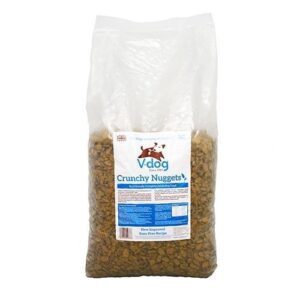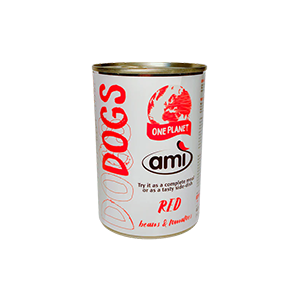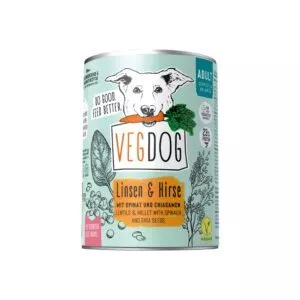Description
VegeCat Supplement: Vegan Nutritional Supplement for Cats
Important Updates
-Vegecat™ is no longer yeast-free. The selenium source has been changed to bioavailable selenium yeast, as this is a superior nutritional source. Yeast intolerance is rare, but if this is an issue for your cat, we sincerely apologize.
-Improved minerals and additional nutrients. The minerals in Vegecat™ have been upgraded to more bioavailable amino acid chelates. Additionally, some nutrient values have been increased, and L-carnitine has been added.
Properly feeding your cat with well-balanced, homemade meals for optimal health
Use ingredients you trust without using animal products.
Although cats are carnivores, their nutritional needs can be met with a well-supplemented plant-based diet. The Vegecat™ supplement provides essential nutrients from non-animal sources, including taurine, vegan vitamin D3, preformed vitamin A, and key amino acids such as arginine, lysine, taurine, methionine, and L-carnitine. Vegecat™ recipes are carefully formulated to provide adequate protein, essential fatty acids in the right ratio, and all other necessary nutrients for a healthy cat. We do not recommend modifying recipes without consulting a pet nutrition expert.
Urine pH and Nutritional Balance
All Vegecat™ recipes contain nutritional yeast for B vitamins, protein, and acids. We strongly recommend using our VegeYeast, a specially adapted brewer’s yeast with the right acidity. This helps balance the alkalinity of a plant-based diet.
The ideal urine pH for a cat ranges between 6.0 and 6.5. This can be tested at home or by a veterinarian. Wet food is best for feline urinary health. If you primarily feed dry kibble, it is essential to add extra moisture to the diet. Vegetable purées can help with hydration and provide additional vitamins and minerals, but they should not exceed 10% of the diet to ensure adequate protein intake. Refer to the recipe booklet for more information on urinary health.
Using Vegecat™
The Vegecat™ recipe booklet is included with the supplement and is also available online at www.CompassionCircle.com/Vegecat. Be sure to read the introductory section carefully before preparing meals.
Our recipes specify the required amount of supplement per recipe. You can adjust the amount of food you prepare by increasing or decreasing all ingredients proportionally. The correct portion size depends on your cat’s weight. Ideally, mix the supplement into warm prepared food, but it can also be added during the cooking process.
Additional recipes can be found in Dr. Pitcairn’s Complete Guide to Natural Health for Dogs & Cats (4th edition). Since the Vegecat™ dosage has changed over time, adjustments to portion sizes are necessary. The corrected amounts can be found at www.compassioncircle.com/dr-pitcairns-guide.
Recommended Additions
For optimal health, we recommend adding a lactose-free digestive enzyme to every meal. The enzyme amylase is particularly important for cats on a plant-based diet, as it helps break down starches and other carbohydrates. This improves digestion and nutrient absorption. We sell and recommend Enzyme Miracle.
Omega Fatty Acids:
Vegecat™ recipes include oils, flaxseed, and hemp to provide essential fatty acids (EFAs). While these supply the necessary Omegas in the correct ratio, it is ideal to add extra DHA and EPA. We recommend a DHA + EPA algae oil, which can be used instead of or alongside flaxseed oil.












Reviews
There are no reviews yet.